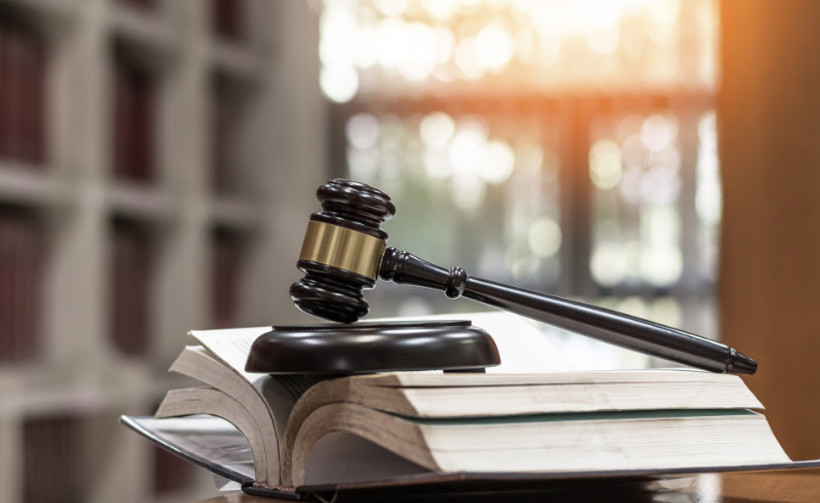
The Inner House of the Court of Session recently overturned the decision of a Lord Ordinary in the Outer House in this rather interesting case. There were many issues addressed in the decision but the most commented upon was the application of the reverse onus of proof. The defender in this case had previously pled guilty to careless driving and therefore the onus of proof was on him to show that he had not been negligent.
Circumstances:
At around 5 am on the 23rd of April 2016, the pursuer was lying intoxicated in the middle of the road. The defender, a bakery delivery driver, was carrying out his duties. The defender was initially driving behind a taxi but the taxi pulled over as he noticed the pursuer lying on the road. The defender continued, overtook the taxi, and collided with the pursuer.
The defender was charged and pleaded guilty to a contravention of Section 3 of the Road Traffic Act 1988 (careless driving). The pursuer then raised an action claiming that the bakery driver's negligence had caused the collision.
In the first instance, the Lord Ordinary found that the driver had not been negligent, and therefore, the pursuer had no claim. The pursuer appealed this decision with the main argument being that the Lord Ordinary had erred in his application of the reverse onus of proof (S.10(2) of the Law Reform (Miscellaneous Provisions) (Scotland) Act 1968).
Decision on appeal:
The Lord President delivered the opinion of the Inner House. He initially explained that the court could only overturn decisions in cases such as this if the decision was 'plainly wrong.' The Lord President went on to state that the Lord Ordinary had 'reached a conclusion which cannot reasonably be explained or justified.'
The Lord President agreed with the pursuer that, 'the principal error relates to the application of the onus of proof.' He explained that the defender pleaded guilty to causing injury by careless driving. This plea meant it was for the defender to prove he had not driven negligently.
The Lord President reasoned that the Lord Ordinary did express that the reverse onus should be applied. However, it is demonstrated by his opinion that he did not apply it. An admission of guilt the Lord President states is 'unequivocal judicial admission that his negligence had been the cause of the injuries of the pursuer.' The Lord Ordinary does not address this in enough detail. He should have explained the weight given to it, not just accepted it was tendered. He develops this point by stating that ‘a person 'ought to face an "uphill task" if he attempts to negate his conviction despite the high standard of proof in criminal convictions.'
The Inner House found that the driver had driven negligently and caused the pursuer's injuries. The simple question which the Lord Ordinary should have asked was: ought the defender have seen the hazard and taken steps to avoid it? If he had done so the clear answer was that it was reasonably foreseeable that intoxicated persons would be present in an urban street, whether “vertical or horizontal”.
The first defender was found to be negligent with his employer, and the second defender, being vicariously liable for his actions. However, the pursuer’s actions were deemed to have contributed to his injury. This is known as contributory negligence. This led to a 65% reduction in the level of compensation that would be due to be paid.
Comment:
The onus to prove a case is typically on the pursuer. However, when a guilty plea has been made and the onus has been reversed, the defender will face an 'uphill task,' of showing they did not act negligently. It is made clear by the Lord President that clear and consistent evidence must be led by the defender to reverse the burden of proof bearing in mind that the decision-maker is only considering the test of reasonable skill and care. If the defender has tendered a guilty plea, a strong justification for this will be required.
Take the next step
- Call us on 0131 226 5151
